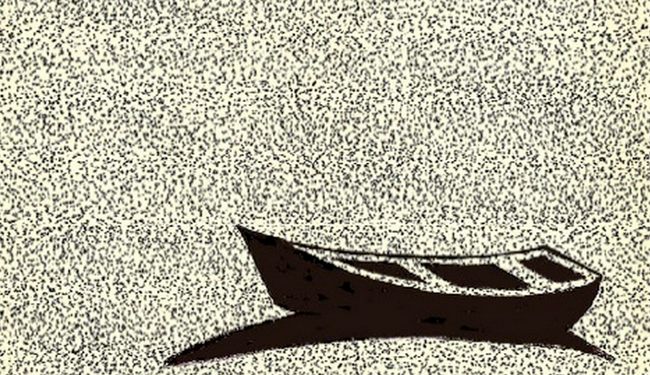The Lives Of 27 Year Olds In Charts

The Article: Highly Educated, Highly Indebted: The Lives of Today’s 27-Year-Olds, In Charts by Jordan Weissman in The Atlantic.
The Text: What’s are today’s young adults really like? For those who’ve spent too much time gazing into the dark recesses of Thought Catalog or obsessing over “Girls,” the Department of Education has a new report that offers up some enlightening answers.
In the spring of 2002, the government’s researchers began tracking a group of roughly 15,000 high school sophomores—most of whom would be roughly age 27 today—with the intention of following them through early adulthood. Like myself, many of those students graduated college in 2008, just in time to grab a front-row seat for the collapse of Lehman Brothers and the economic gore fest that ensued. In 2012, the government’s researchers handed their subjects an enormous survey about their lives in the real world. Here, I’ve pulled together the most interesting findings.














